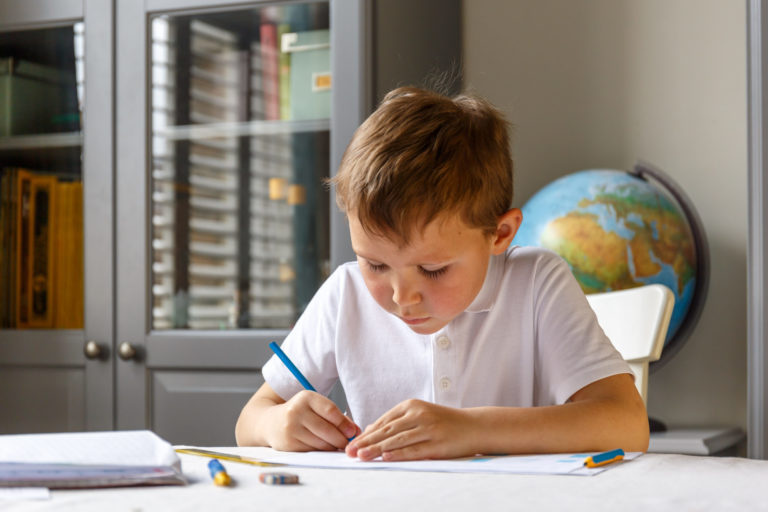Across the world, parents are having fill the role of parent, friend and teacher as social distancing comes into full effect. At first it may have felt like a novelty, but for many that feeling will be understandably wearing off. As children start to develop cabin fever, grow more restless and harder to keep engaged with their studies, frustrations are likely to rise. However, there are many things parents and children can do to make the process not only easier, but genuinely enjoyable.
I was home educated for most of my school life and whilst there were frustrating moments, I have found that it gave me some wonderful skills for my future. As such, I thought I would share some of the things that ensured I not only stayed engaged with my education but that helped me develop a true love of learning.
- Encouraging Independent Learning
It is of course important that young people are staying up to date with their core studies, however this time can also be seen as an opportunity for them to explore the subjects they really love.
Sit down with your kids and ask them what they are most interested in and given the opportunity, what sort of topics they would like to delve into more. They might not know straight away, if so, have a conversation with them and suggest some ideas, then ask them to set some time aside in the day to create a project based around this subject. At the end of the day, set some time aside yourself so they can show and teach you about what they learnt whilst doing their project.
Not only does this have the ability to re-engage children with their learning, as they gain control over the process, but it also teaches them vital independence and critical thinking skills they will need in the future.
- Enabling Creativity
Keeping children motivated with their learning is more important than adhering to a strict classroom regime. During this period of isolation, it is important to let children embrace their creative side.
This can take any form; they might want to research Ancient Rome and recreate some of the famous mosaics or write their own Greek tragedy, perhaps they will want to write a song about a topic they are interested in. Encourage them to do this, by utilising different and creative mediums through which to learn, they are more likely to actively engage with their learning.
Additionally, given that it is a hard time for all of us, including young people, a creative activity can prove a welcome distraction.
- Relax Schedules
It is of course important to have some structure to the day, but it may prove more frustrating than rewarding to try and stick rigidly to the school day structure.
Maybe you want to allow your kids to start a little later or have longer breaks – or even if it is spending a whole day on just one subject. Let things take a different form than they normally would, if you think it might work better. Studying from home is different to studying in school, and that is fine.
Loosening up the schedule a bit might alleviate stress for both you and your offspring.
- Take Breaks Together
This is very important. You must, when possible, take breaks together. You can talk about your day together, have a snack and enjoy a little bit of quality time. This is vital as throughout the day you will have the roles of teacher and pupil, which can create tensions, so if possible, revert to your regular parent-child dynamic and enjoy unwinding together.
- Utilise online resources
Last but by no means least, utilise those online learning resources! I used to use them as a kid, but now there are so many more to choose from. Whether your children are learning science, maths, history or whatever it may be, there are multiple platforms to use.
As it is impossible to be an expert in all fields, online learning resources are an important tool in the home-schooling kit. Test out some of the different offerings and find the one that suits your family best – there will be one out there!
Finally, it’s important to remember there’s no singular “right way” to do this, just try out different methods and find the routine that suits your family best.




